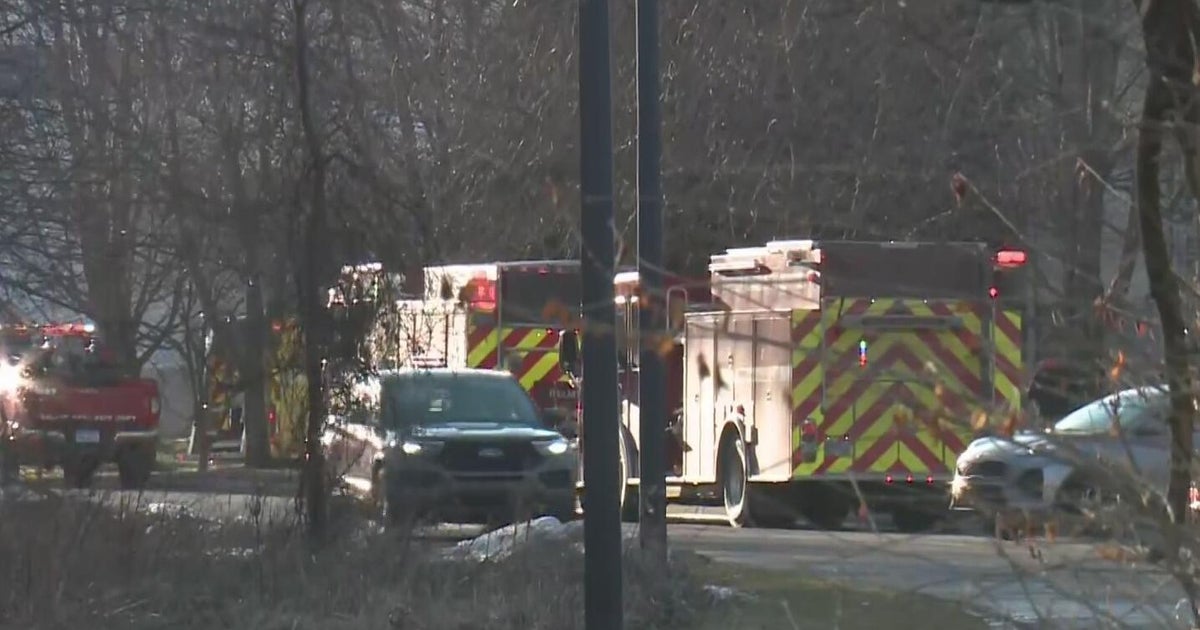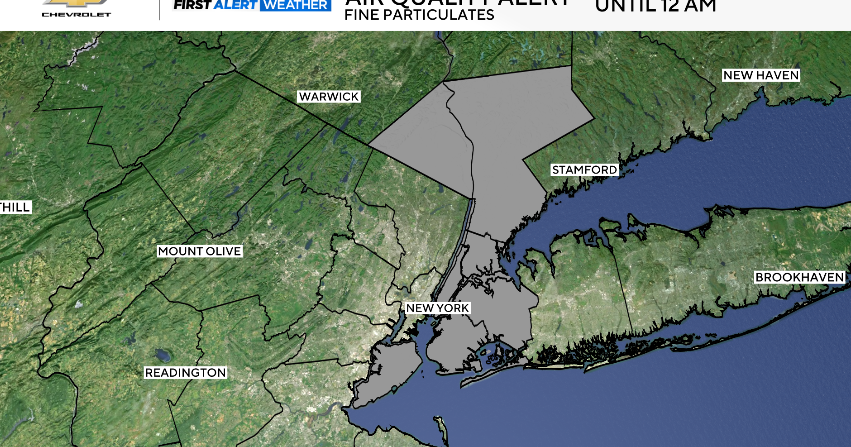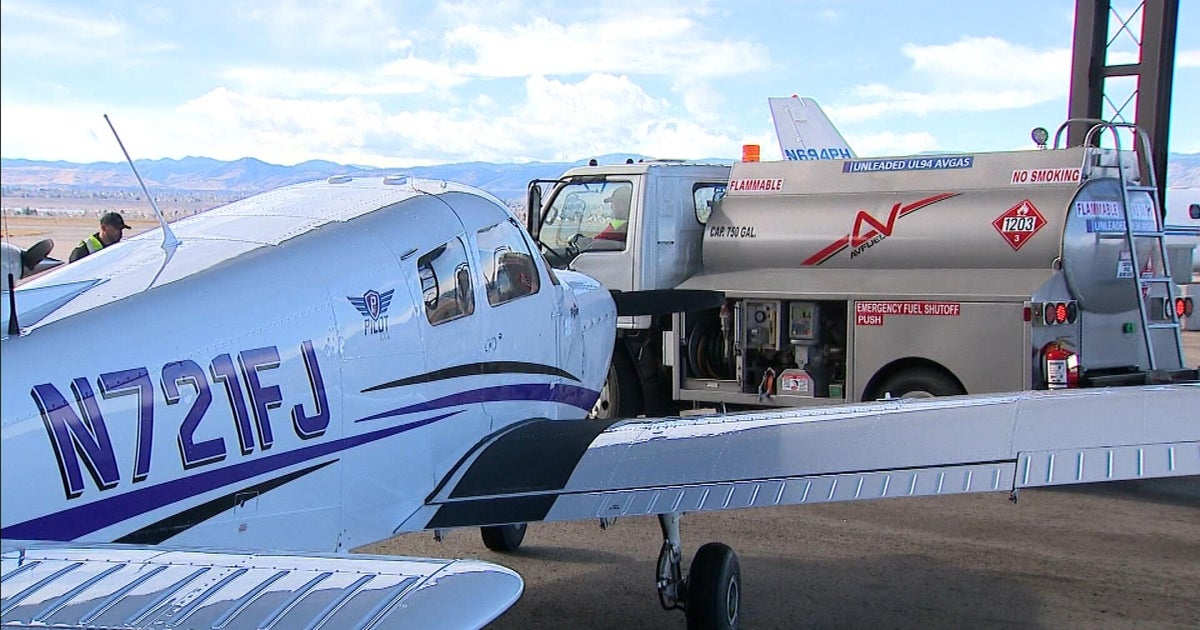How Westchester County officials are trying to keep watery gas from causing thousands in damage to your car
NEW YORK -- CBS New York told you last week about multiple vehicles suffering significant damage after filling up at a gas station in Queens after water somehow got into the underground storage tanks.
The city's Department of Consumer and Worker Protection said it sent an inspector to test the gasoline again Tuesday to make sure the issue has been resolved.
Protecting you from that is very much on the radar of other local consumer protection officials.
Westchester County officials are on the case
Tanks that hold the fuel that flows through the pumps and into your vehicle are buried underground at more than 200 stations in Westchester County. Making sure you get the right quantity and quality is the job of the inspectors.
"Number one, when you buy a gallon of gas you really get a gallon of gas, and that somebody actually checked the quality under state law of the gasoline," said Jim Maisano, director of Westchester Consumer Affairs.
Last week, bad gas fouled the engines of multiple vehicles in Queens. Watery fuel was seen drained from one of them.
Heavy rain isn't supposed to make it into storage tanks but it happens.
"When we get those complaints we immediately dispatch inspectors to the location," said Ethan Bogren of the Westchester County Department of Weights and Measures.
What do inspectors test for?
Among others, Bogren and his colleagues measure water in fuel tanks by putting paste on a stick and dipping it into the underground storage.
Inspectors said there will be a change in color in the presence of water.
"The water detection paste would turn a bright pink with the presence of water," Bogren said. "They would have to get the tanks sucked out, all the fuel emptied, a new delivery."
Gas pumps ask consumers if they want a receipt. Bad gas situations help explain why the answer to that question is yes.
Maisano said on the off chance watery gas gets into your tank, you'll want a receipt, "so you can present it to an inspector at the Consumer Protection Department to help them in their investigation."
That will help when you seek payment from the station for repairs.







